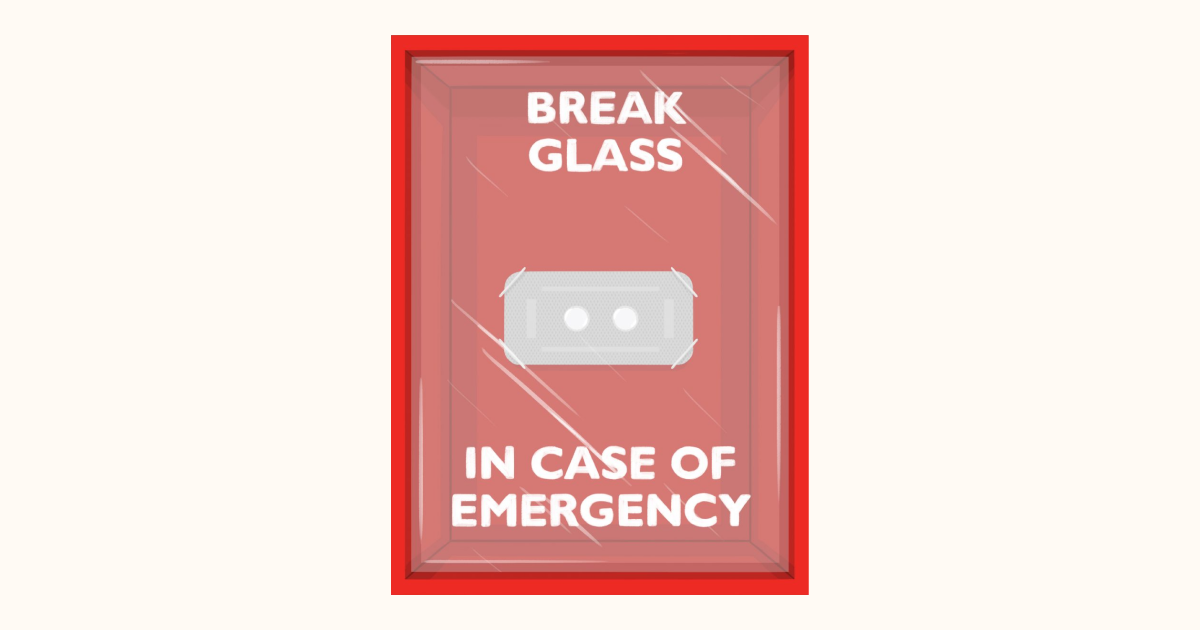The morning-after pill, also known as emergency contraception (EC), is often an afterthought, something that comes to mind after accidents happen, or more colloquially “only when you need it”. Some couples though, do keep an extra pill at times because accidents do happen – condom broke during sex, you missed a birth control pill or no birth control was used.
If you’ve never taken emergency contraception before or have read up on it, it’s likely you’ll have lots of questions. What is it, how do you use it, are there any side effects (including fertility), how effective is it and how can I get it?
We understand it can get complicated, and we answer all these questions for you below.
What is the morning-after pill?
The morning-after pill is taken to prevent pregnancy for women who had sex without contraceptive protection – either they didn’t use birth control, they missed a birth control pill, they were sexually assaulted or their primary birth control method failed (e.g. condom broke during sex).
The morning-after pill is available in two types:
- Ulipristal acetate (sold as Ella®); and
- Levonorgestrel (multiple brands – Postinor®-2, others.).
The pill works primarily by preventing or delaying the ovaries from releasing an egg (ovulation).
While the pill is an effective option for preventing pregnancy after unprotected sex, it is intended for backup contraception only, not as a primary method of birth control and offers no protection against sexually transmitted infections (STI).
Is the morning-after pill a form of abortion?
The morning-after pill doesn’t cause abortion or miscarriage. It is not the same as mifepristone or misoprostol, also known as the abortion pill. The abortion pill terminates an established pregnancy — one in which the fertilized egg has attached to the uterine wall and has begun to develop.
How do you use the morning-after pill and what can you expect?
The morning-after pill should be taken as soon as possible after unprotected intercourse. You can take morning-after pills anytime during your menstrual cycle. The contraceptive pill can be taken up to 5 days after unprotected sex, depending on the type of pill you take.
The morning-after pill does not offer lasting protection from pregnancy, do not have sex until you start another method of birth control. Having unprotected intercourse in the period after taking the morning-after pill exposes you to the risk of becoming pregnant.
Your period may be delayed up to a week. If you don’t get your period within 3 to 4 weeks of taking the morning-after pill, take a pregnancy test as soon as possible (you can purchase any test kit at pharmacies like Guardian or Watsons).
How effective is the morning-after pill?
The efficacy of the morning-after pill decreases the longer the period after unprotected sex and the time of taking the pill.
There are two main types of morning-after pills prescribed by doctors:
- Ulipristal acetate (Ella®) has to be taken within 120 hours (5 days) after unprotected sex and it lowers your chances of getting pregnant by up to 98% throughout the entire five-day window; and
- Levonorgestrel (Postinor®-2) works up to 72 hours after unprotected sex but is generally not recommended after 24 hours. Postinor lowers your chances of getting pregnant by 95% if taken within the first 24 hours after unprotected intercourse but this declines to 85% if taken between 25 – 48 hours and 58% if taken between 48 – 72 hours after unprotected intercourse.
What stops the morning-after pill from working?
If you vomit within 2-3 hours of taking the morning-after pill, it is likely not to work.
What are the side effects of the morning-after pill?
Please make sure you’re not pregnant before using ulipristal as the effects of ulipristal on a developing baby are unknown. If you’re breastfeeding, ulipristal isn’t recommended as the effect on newborns/infants has not been studied.
The levonorgestrel emergency contraceptive pill is safe to take at any time after having a baby. It will not affect your breast milk.
If you notice spotting that lasts longer than a week or develop severe lower abdominal pain 3-5 weeks after taking the morning-after pill, speak to your doctor. These can indicate a miscarriage or that the fertilized egg has implanted outside the uterus, usually in a fallopian tube (ectopic pregnancy).
Side effects of the morning-after pill, which typically last only a few days, might include:
- Nausea or vomiting
- Dizziness
- Fatigue
- Headache
- Breast tenderness
- Bleeding between periods or heavier menstrual bleeding
- Lower abdominal pain or cramps
Does the morning-after pill affect fertility?
Misinformation about the morning-after pill is often spread unwittingly.
The 2020 Fact Not Fiction survey in the UK found that 51% of the respondents said they believed you shouldn’t take emergency contraception more than once in the same cycle and 40% of respondents believed the morning-after pill can make you infertile if you use it too many times (fiction).
The reality is using emergency contraception will not affect your future fertility and won’t stop you from getting pregnant in the future.
How to get the morning-after pill in Singapore?
In Singapore, emergency contraception is only available with a prescription and any woman, regardless of age, can get the drug from a doctor or GP subject to a consultation.
At Siena, we provide online emergency contraception consultation with one of our female doctors so that you can get access to the care you need from the comfort and privacy of your home. If prescribed, we deliver your emergency contraception right to your doorstep in a discreet packaging, in 4 hours.
No more rushing to the clinic!
